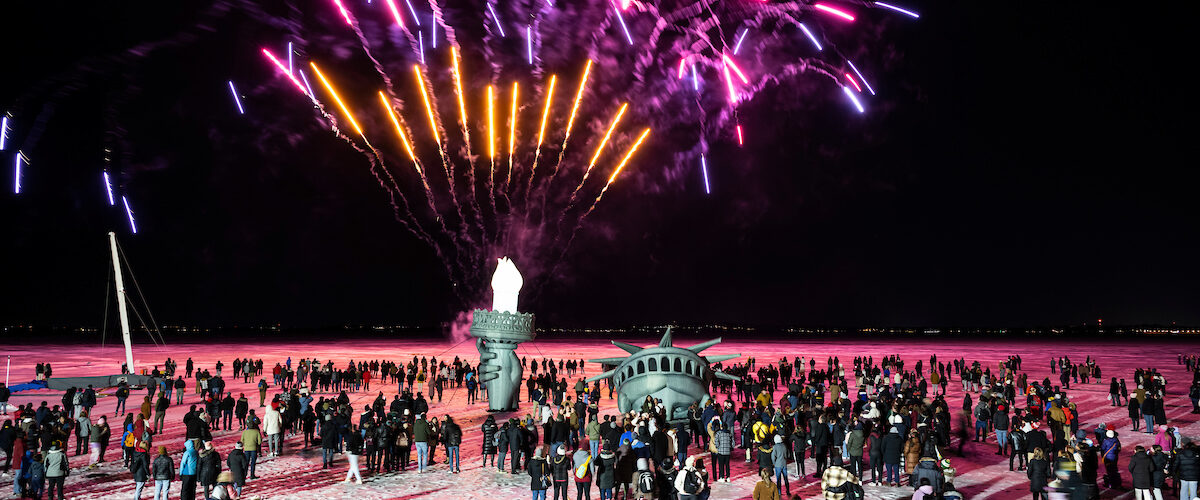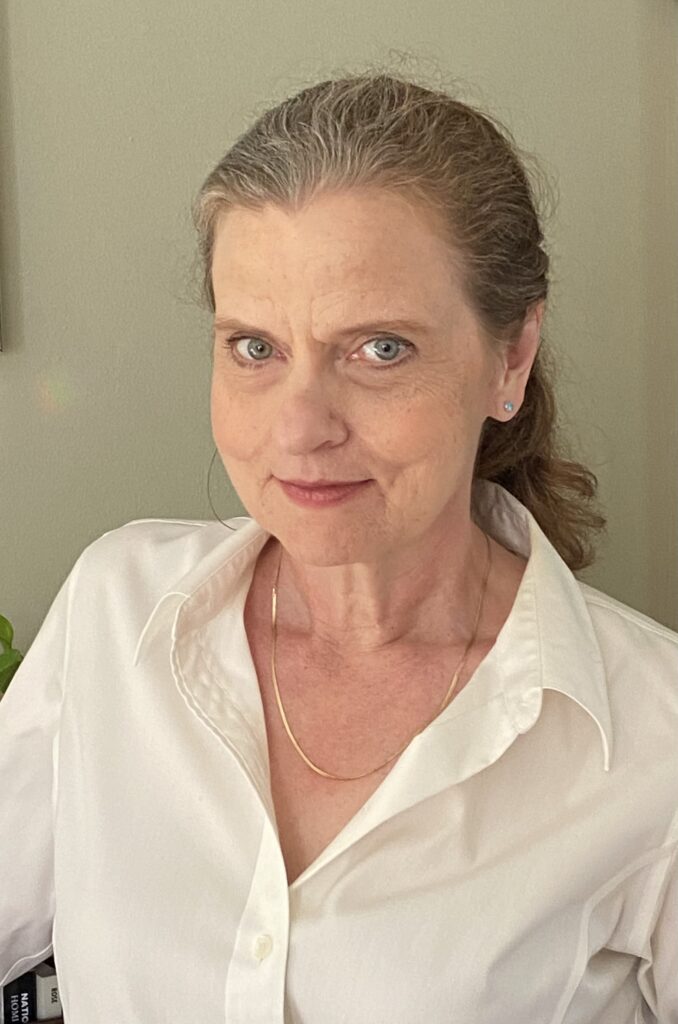WHO ARE WE?
Interdisciplinary Theatre Studies at the University of Wisconsin-Madison is an innovative and comprehensive program of graduate training in the fields of drama, theatre, and performance, with an emphasis on work that crosses geographical and disciplinary boundaries.
OUR PROGRAMS
The Master of Arts in Interdisciplinary Theatre Studies can serve as a preparatory degree for the Ph.D., or as a terminal degree for students seeking greater exposure to theatre studies beyond the undergraduate degree. Through rigorous coursework, participation in a variety of research and artistic activities, the Ph.D. in Interdisciplinary Theatre Studies program prepares graduates for positions as college and university researchers and instructors as well as public intellectuals, dramaturgs, and critics. We also offer a flexible 9-credit Doctoral Minor, which is available to any UW-Madison Ph.D. student with an interest in theatre and performance studies. The minor can be tailored to a student’s program or interests.
Faculty Spotlight
Mary Trotter
Associate Professor of English
Mary Trotter has been a faculty member at UW-Madison since 2005, where she teaches a wide range of theatre and performance history and Irish Studies courses, from “Introduction to Theatre and Dramatic Literature,” to “American Theatre and Dramatic Literature to 1900,” to advanced seminars on theatre historiography and on the Irish Dramatic Movement. Her own research focuses mainly on modern Irish theatre, reflecting her larger interests in political performance, theatre and identity, gender and/in performance, transatlantic theatre and culture in the nineteenth and twentieth centuries, and historiography.
WHY ITS?
“The program is really and truly interdisciplinary. You have the opportunity to interact with and learn from so many scholars in so many fields, which gives us a really unique perspective on our own work.”
“It feels very special to be encouraged to find professors to work with in various areas of expertise, and to have the freedom to build our own areas of study within the frame of theatre and performance studies. The program’s small size also means that you form particularly deep and valuable relationships with professors.”
Student Spotlight
 Bridget Anderson
Bridget Anderson
Ph.D. Candidate
In February 2024, Bridget directed an original devised work comprised of six scenes from Shakespeare’s plays and five Shakespearean sonnets called Shakespeare Not In Love. The production was hosted by the University Theatre as part of their Second Stage program and feature UW undergraduate actors. Bex Schmitt, ITS masters student, stage managed. The production was a highly successful collaboration between the ITS department, the UT department, and the English department, as several large lecture classes offered extra credit to students who attended the play. This drove engagement with theatre arts and exposure to performance of Shakespeare across campus. In early summer 2024, Bridget directed The Complete Works of Shakespeare (Abridged) at the Allen Centennial Garden on UW’s campus. This was the first collaboration between the ACG and a university-based theatre program and successfully provided joyful, playful theatre through the summer months to the Madison area.
Diversity, Equity, and Inclusion Statement & Land Acknowledgment
The Program in Interdisciplinary Theatre Studies thrives in its diverse and inclusive community in which individuals of any gender, race, ethnicity, caste, ability, religious affiliation, sexual orientation, cultural upbringing, language variety, and socioeconomic standing may flourish. Diversity, equity and inclusion are central to our core identity, our founding mission, and how we design our program. We welcome diverse perspectives, especially of those who are marginalized or vulnerable members of society.
The University of Wisconsin–Madison occupies ancestral Ho-Chunk land, a place their nation has called Teejop (day-JOPE) since time immemorial. In an 1832 treaty, the Ho-Chunk were forced to cede this territory. Decades of ethnic cleansing followed when both the federal and state government repeatedly, but unsuccessfully, sought to forcibly remove the Ho-Chunk from Wisconsin. This history of colonization informs our shared future of collaboration and innovation. Today, UW–Madison respects the inherent sovereignty of the Ho-Chunk Nation, along with the eleven other First Nations of Wisconsin.
Sign up for our monthly newsletter to stay up-to-date on ITS community news!







